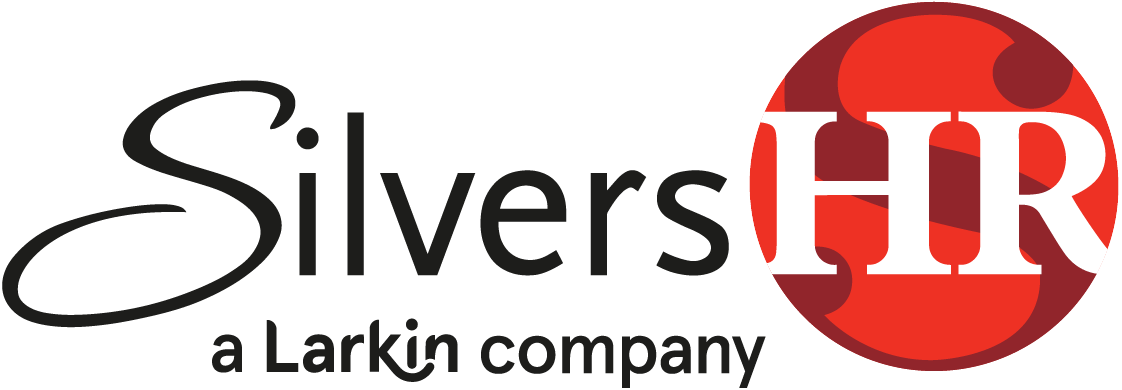Confidentiality in Workplace Investigations
In many workplace investigations surrounding an employee complaint, employers routinely ask employees not to discuss the case with co-workers while the investigation is pending. This allows the investigator to protect the integrity of the investigation – to speak with individuals without the overlay of gossip, or others’ opinions or influence while maintaining confidentiality. The National Labor Relations Board (NLRB) has recently determined that such blanket direction to employees in every investigation may be a violation of section 8(a)(1)[1] of the National Labor Relations Act (NLRA). Think this doesn’t apply to your firm ? This NLRB decision affects most organizations with or without a collective bargaining unit (union) in the US. Below are considerations before requesting an employee not discuss the circumstances in an investigation.
At a non-union hospital (Banner Health Systems in Phoenix, AZ) the Human Resources Consultant conducted an investigation into an employee complaint about disciplinary action the employee received from his supervisor. (The facts behind the case are available in the NLRB Decision and Order below.) During the investigation the HR Consultant asked the employees interviewed not to discuss the matter with co-workers while the investigation was ongoing, as was the normal practice at this place of business. Long story short – the matter eventually made its way before the NLRB. The NLRB panel voted 2 to 1 that the employer may have “coerced employees” with the direction not to discuss the matter of the case while the investigation was pending.
The NLRB outlined in its Decision that before an employer can direct an employee to maintain confidentiality about an investigation the employer must consider whether: 1) there are witnesses in need of protection; 2) evidence is in danger of being destroyed; 3) testimony is in danger of being fabricated; or 4) there is a need to prevent a cover-up. The employer’s failure to consider these issues in this particular case was deemed to have a “reasonable tendency to coerce employees, and so constituted an unlawful restraint of Section 7 rights under the NLRA.”
In light of this decision, employers are cautioned to consider the four factors above before asking employees to maintain confidentiality during workplace investigations. There will be situations where confidentiality will be imperative. Employers should review this with legal counsel or their HR consultant prior to prohibiting employees from discussing an investigation with co-workers.
The full NLRB decision may be found at https://www.nylaborandemploymentlawreport.com/uploads/file/Banner.pdf
[1] Section 8(a)(1) of the NLRA prohibits employers from interfering with the exercise of an employee’s Section 7 rights, which includes the right to self-organize, form, join, or assist a labor union, to bargain collectively through representatives, and to engage in other concerted activities for mutual aid or protection. This applies to all employers with or without a union.
